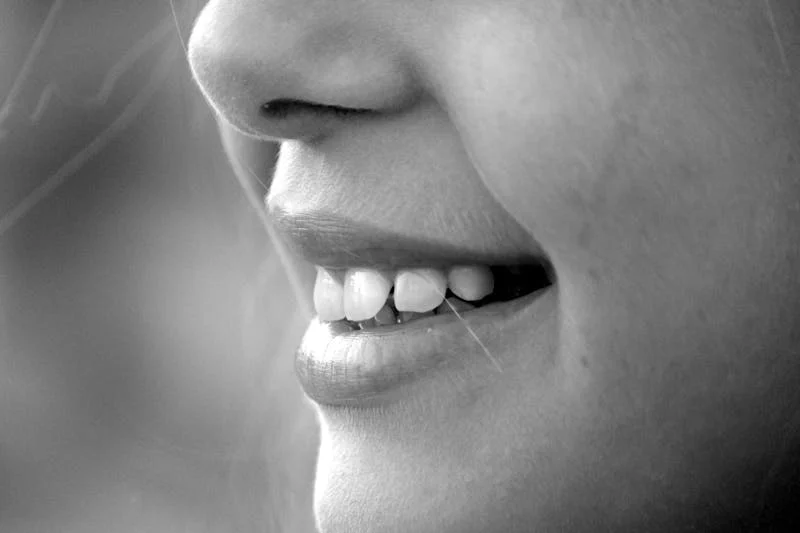
25 May Everyone Can Have a Healthy Smile: Practical Tips for Optimal Oral Health
Table of Contents
- The Importance of Oral Health
- Routine Dental Checkups
- Proper Brushing and Flossing Techniques
- The Impact of Diet on Oral Health
- Lifestyle Choices Affecting Oral Health
- Benefits of Preventative Care
The Importance of Oral Health
 There’s more to oral health than just having straight teeth. It’s a crucial part of general wellbeing. Tooth decay, gum disease, and even more severe systemic disorders can be brought on by poor oral hygiene. Remember to practice good oral hygiene to avoid these problems. The Centers for Disease Control and Prevention (CDC) state that untreated oral disorders can impede speech and eating and can lead to chronic inflammation, which can exacerbate pre-existing conditions like heart disease. Regular visits to a Holly Springs dentist can help manage and prevent such conditions. Investing time in oral health is crucial for future comfort and wellbeing. Simple habits like brushing twice daily and flossing can prevent many problems. Neglecting oral hygiene can lead to tartar build-up, cavities, and tooth loss. Teaching children these habits early sets them up for a lifetime of good dental practices.
There’s more to oral health than just having straight teeth. It’s a crucial part of general wellbeing. Tooth decay, gum disease, and even more severe systemic disorders can be brought on by poor oral hygiene. Remember to practice good oral hygiene to avoid these problems. The Centers for Disease Control and Prevention (CDC) state that untreated oral disorders can impede speech and eating and can lead to chronic inflammation, which can exacerbate pre-existing conditions like heart disease. Regular visits to a Holly Springs dentist can help manage and prevent such conditions. Investing time in oral health is crucial for future comfort and wellbeing. Simple habits like brushing twice daily and flossing can prevent many problems. Neglecting oral hygiene can lead to tartar build-up, cavities, and tooth loss. Teaching children these habits early sets them up for a lifetime of good dental practices.
Routine Dental Checkups
Regular dental exams are essential for diagnosing and treating early oral issues. During these checkups, dentists in Cary, NC, can spot trouble before it becomes severe. Additionally, early gum disease symptoms can be treated to stop them from getting worse. The American Dental Association (ADA) recommends that most people visit a dentist at least once every six months.
During a routine checkup, a dentist performs several critical tasks:
- Examining for cavities
- Performing professional cleanings
- Possibly taking X-rays
- Checking for other issues like oral cancer
Remember, early steps can prevent costly procedures. Dental issues may not show symptoms until they become severe. Preventative care includes fluoride treatments, sealants, and education on oral health.
The Impact of Diet on Oral Health
How well the mouth mainly determines the stuff functions you eat. Eating a diet high in sugar and starch might cause dental issues, including tooth decay. Select wholesome options, including dairy, fruits, and veggies. Water helps to control salivary flow and remove food particles from the mouth. Nuts and cheese strengthen dental enamel, and crunchy veggies naturally brush teeth. Limit your intake of sticky snacks and acidic beverages. Various meals and beverages, such as black or green tea, help improve oral health.
Lifestyle Choices Affecting Oral Health
Various lifestyle choices can impact dental health. For instance, smoking and overconsumption of alcohol can lead to oral health issues. Teeth and gum health can be enhanced by stress management and living a healthy lifestyle. Additionally, habits like teeth grinding and harmful behaviors like using teeth to open things can cause damage. Good oral hygiene involves protecting your mouth from harm, such as using mouthguards during sports and avoiding sugary beverages. Combining these habits with regular dental care is essential for good oral health.
Benefits of Preventative Care
Regular dental cleanings and checkups help you avoid extensive treatments in the future, prevent pain, save money, and keep your smile healthy. Early intervention methods like fluoride treatments and sealants can enhance teeth’s strength and resistance to decay. Regular brushing, flossing, and maintaining a healthy diet complement dental checkups and ensure a healthy smile in the long run.
This dentist in Saratoga Springs says staying consistent with dental visits also allows your dentist to catch any minor issues early, preventing them from developing into more serious concerns.
——————-
The information on MedicalResearch.com is provided for educational purposes only, and is in no way intended to diagnose, cure, or treat any medical or other condition. Always seek the advice of your physician or other qualified health and ask your doctor any questions you may have regarding a medical condition.
Some links are sponsored. Products and services are not warranted or endorsed.
In addition to all other limitations and disclaimers in this agreement, service provider and its third party providers disclaim any liability or loss in connection with the content provided on this website.
Last Updated on November 15, 2024 by Marie Benz MD FAAD
